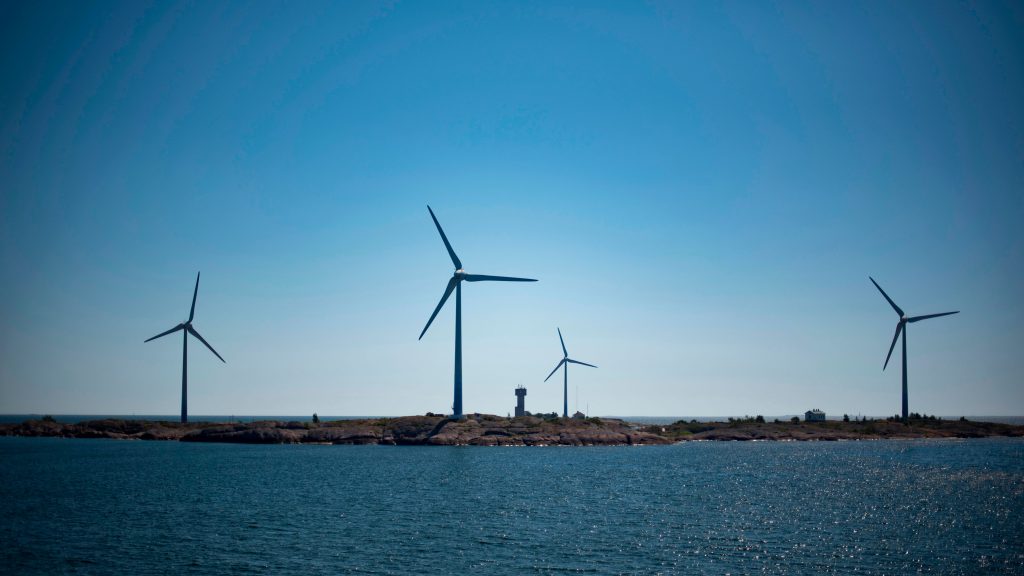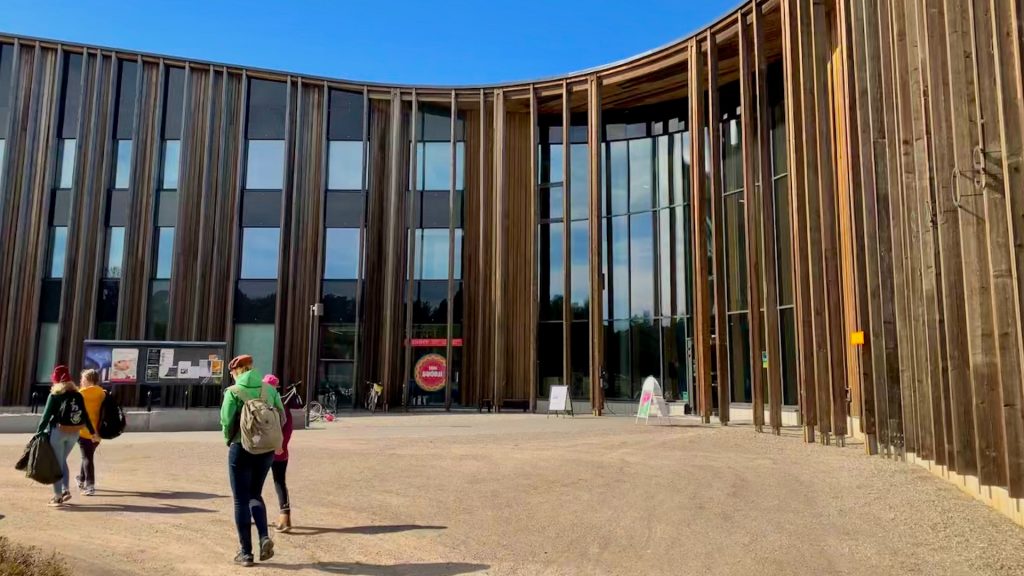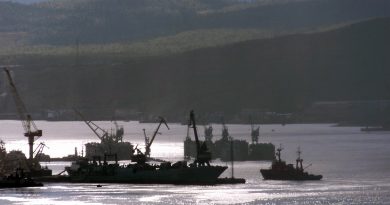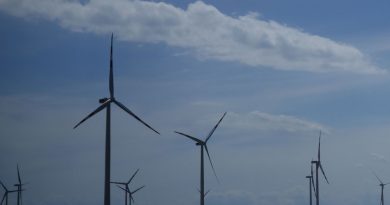Sami turn down participation in Lapland wind power survey

The Sami Parliament in Finland rejected participation in a Lapland wind power study saying the body does not participate in projects that promote the idea of wind energy in their homeland.
“The green transition is very important to the Sami, but it cannot be done by any means,” Tuomas Aslak Juuso, president of the Sami parliament, said in a statement on Tuesday.
“The Sami parliament has a negative attitude to the promotion of wind power in the Sami region due to the adverse effects found in studies and on reindeer husbandry.”
The parliament said as a result, it would not appoint a representative to the steering group of the 2023-2024 Lapland wind power study.
The Regional Council of Lapland is currently examining areas in Lapland, Finland’s Arctic region, where wind power could be developed.
46 potential areas identified in Lapland
The survey is a continuation of a 2022 wind power survey, the parliament said.
On the regional council’s website, it said the 2022 survey identified 46 potential areas.
“The size class of potential wind power areas varies between 11 and 342 km2,” the council said.
“The wind power areas enable a theoretical number of power plants of approximately 2,861, of which approximately 850 power plants are located in the sea area.”

(Eilís Quinn/Eye on the Arctic)
The Sami parliament says it remains concerned about the effect wind energy infrastructure has on the environment, including reindeer husbandry.
The infrastructure can affect everything from animal migration patterns to behavior, the parliament said.
“According to current knowledge, the effects of wind power on reindeer husbandry are wide-ranging,” Tiina Lovisa Solbar, the parliament’s Environmental Secretary, said.
“Competing land use challenges reindeer husbandry’s ability to maintain the flexibility required by climate change, such as pastures suitable for different winter conditions.”
The Sami parliament said the decision not to participate in the 2023-2024 study was made at a meeting last month.
Comments, tips or story ideas? Contact Eilís at eilis.quinn(at)cbc.ca
Related stories from around the North:
Canada: Tarquti Energy, Hydro-Quebec deal important step towards green energy for Nunavik, Inuit leaders say, Eye on the Arctic
Finland: Lapland among regions not in favour of wind power compensation for eastern Finland, Yle News
Norway: Will the green transition be the new economic motor in the Arctic?, Eye on the Arctic
Sweden: Wind farm delays in northern Sweden could hinder green revolution, Radio Sweden
United States: Alaska’s Northwest Arctic Borough gets $2 million tribal energy grant, Alaska Public Media



